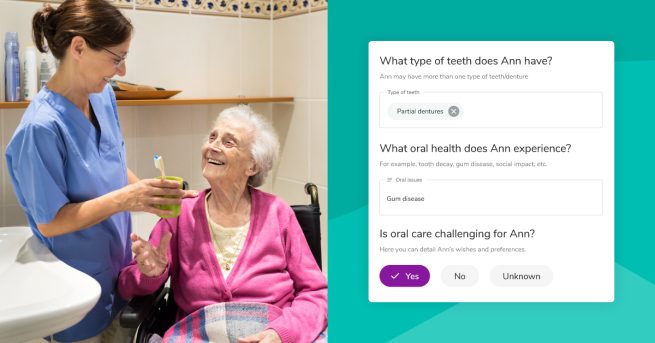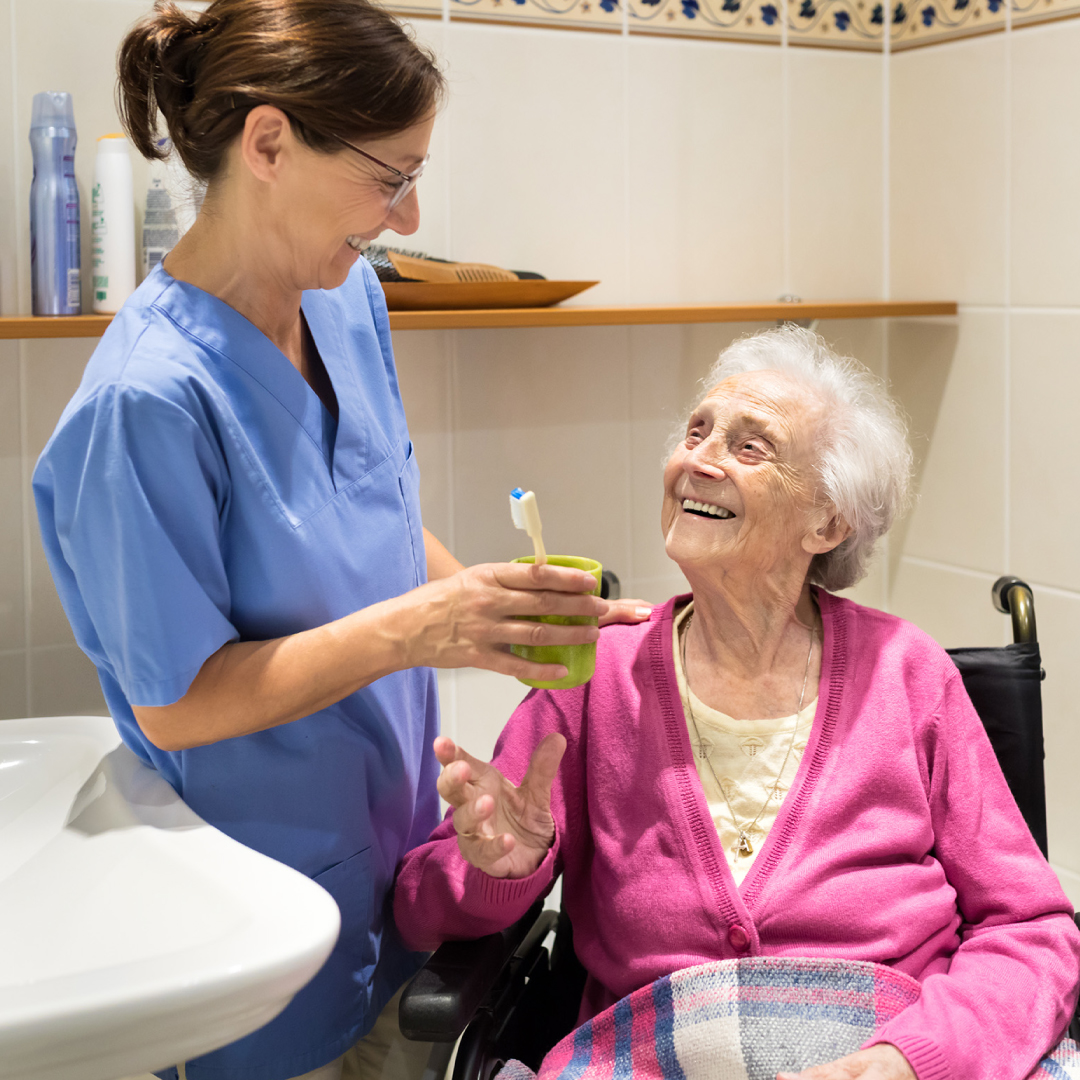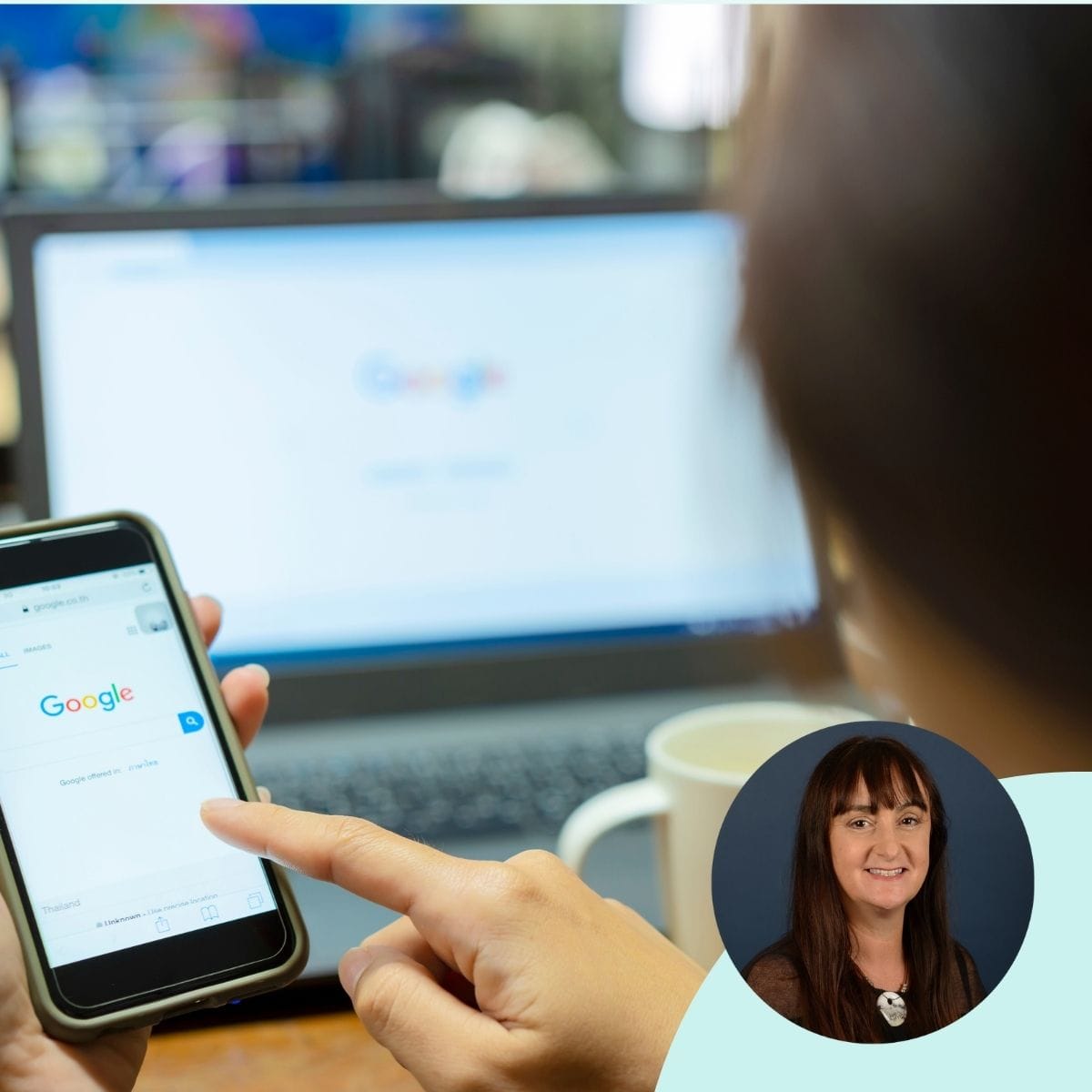Advocating for World Oral Health Day and beyond 🦷✨
Wednesday 20th March is World Oral Health Day promoting the advantages of good oral health care.
It is so important to be proactive and consistent with oral care, as it directly contributes to overall health and well-being, both physically and mentally. Plus, it plays a significant role in promoting social inclusion.
Ensuring effective oral care can be challenging for home care providers, and it’s helpful to remember that there are ways to improve the situation. CareLineLive’s research shows that many providers are making a positive impact by ensuring that individuals receiving services get the necessary support for their oral health.
The benefits of this approach are numerous, encompassing the control of bacteria, prevention of gum disease, tooth decay, and infections. Yet there remain a considerable number of providers in both residential and home care settings who have not yet embraced regular ‘best practice’ in oral care. As a result, if oral care isn’t given priority and consistently maintained, the potential implications can indeed be serious and may include overall health deterioration, tooth decay, gum disease, malnutrition, mental health issues, and social isolation.
It’s essential to regularly assess and review oral health and make sure that everyone receiving services can access dental care. This can be challenging and often depends on individual circumstances and the ability to physically reach these services.
What are the steps to take to access domiciliary dental services?
Dental services can be provided in various settings, such as a person’s home, residential facilities, nursing homes, and hospitals.
Eligibility criteria include individuals who are housebound or have complex needs or mobility difficulties. This also encompasses those who are housebound due to mental health illness and individuals in hospital or hospice care, whether short-term or long-term.
Accessing these services is simple through referrals from healthcare professionals or self-referral by the patient, family member, or caregiver. The individual making the referral will undergo a series of questions before scheduling a visit.
Before the visit, three forms need to be completed: two gathering medical and social history information and the third being an NHS patient declaration form. It should be noted that NHS dental charges apply unless the patient is exempt from payment. During the appointment, both a dentist and dental nurse will be present.
Regularly assessing service users’ oral health is recommended to provide visiting dentists with comprehensive information about areas of concern and challenges faced by each individual regarding oral care.
How can CareLineLive help?
The CareLineLive team have strived to ensure that our personal care assessment is comprehensive and as such, includes a section for the assessment of oral care. Assessors can capture lots of information that will shine the spotlight on good practice. It’s simple to create carer tasks that reflect the unique requirements of your clients in the Carer Companion App.




